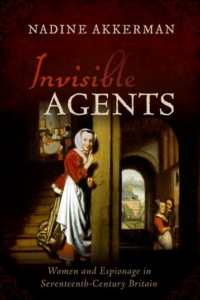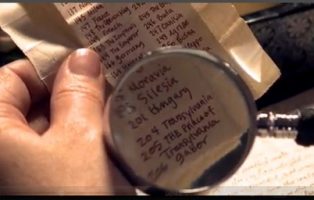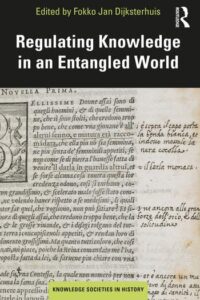About the Book
It would be easy for the modern reader to conclude that women had no place in the world of early modern espionage, with a few seventeenth-century women spies identified and then relegated to the footnotes of history. If even the espionage carried out by Susan Hyde, sister of Edward Hyde, Earl of Clarendon, during the turbulent decades of civil strife in Britain can escape the historiographer’s gaze, then how many more like her lurk in the archives?
Nadine Akkerman’s search for an answer to this question has led to the writing of Invisible Agents, the very first study to analyse the role of early modern women spies, demonstrating that the allegedly-male world of the spy was more than merely infiltrated by women. This compelling and ground-breaking contribution to the history of espionage details a series of case studies in which women — from playwright to postmistress, from lady-in-waiting to laundry woman — acted as spies, sourcing and passing on confidential information on account of political and religious convictions or to obtain money or power.
The struggle of the She-Intelligencers to construct credibility in their own time is mirrored in their invisibility in modern historiography. Akkerman has immersed herself in archives, libraries, and private collections, transcribing hundreds of letters, breaking cipher codes and their keys, studying invisible inks, and interpreting riddles, acting as a modern-day Spymistress to unearth plots and conspiracies that have long remained hidden by history.
Get the book from Athenaeum Booksellers, Amsterdam’s largest independent bookstore.
Reviews
“A dazzling study of a truly neglected subject, which ably demonstrates the gendered dimension of early modern spy-craft, and the unique ways in which women were able to operate. It is written by one of the foremost early modern textual-historical scholars of her generation and marshals an almost unmatched expertise in working with an impressive range of European and international archives of the period. The book delivers a series of fascinating case studies – including Charles I’s prison correspondence, Secretary Thurloe, as well as female practitioners Susan Hyde, Elizabeth Murray, Elizabeth Carey, Anne Halkett, and Aphra Behn – all of which rest on a remarkable and overwhelming weight of archival research. This is an important book that will be widely read and cited, and which will have significant impact on many fields not least those of early modern gender and women’s writing, but also political and diplomatic history.” – Professor James Daybell, University of Plymouth
About the Author
Nadine Akkerman, Reader in early modern English Literature, Leiden University
Nadine Akkerman is a Reader in Early Modern English Literature at Leiden University. She has published extensively on women’s history, diplomacy, and masques, and curated several exhibitions. In the academic year 2015/16 she was Fellow at the Netherlands Institute for Advanced Study in the Humanities and Social Sciences (NIAS-KNAW). She is the editor of The Correspondence of Elizabeth Stuart, Queen of Bohemia (OUP, 3 volumes, of which the first appeared in 2011), for which her prize-winning PhD (2008) serves as the groundwork. She is currently writing a biography of Elizabeth Stuart (forthcoming from OUP). In 2017, the World Cultural Council recognised the transformative effect of her work in the form of a Special Recognition Award.



